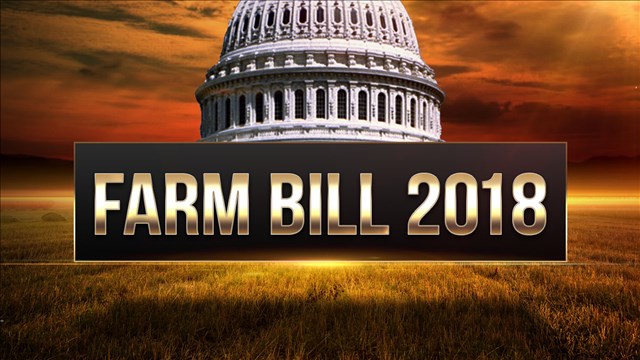CBD News
2018 Farm Bill Makes CBD Oil Legal Under Federal Law
On November 29, 2018, the House and Senate Agriculture Committee announced that they have reached an agreement in principle on the Agriculture Improvement Act of 2018 (commonly known as the “Farm Bill”). The previous rendition of the Farm Bill expired on October 1, 2018. The Agriculture Committee has been working hard to pass the Farm Bill before the next Congress convenes in January, when negotiations would have to start anew.
How will the new Farm Bill affect the Federal legalization of CBD oil?
Hemp Provisions in the 2014 Farm Bill
In 2014, President Obama signed into law a Farm Bill that allowed pilot programs to grow hemp crops. Per the terms of the 2014 Farm Bill, institutions of higher learning and state departments of agriculture were authorized to issue research permits to allow farmers to grow Cannabis sativa L., so long as no part of the plant contained a concentration of more than 0.3% of Tetrahydrocannabinols (“THC”), on a dry weight basis. Notably, however, the 2014 Farm Bill did not remove hemp from the CSA list of illegal drugs.
Changes Made in the 2018 Farm Bill
Senate Majority Leader Mitch McConnell has been instrumental in trying to pass more tolerant hemp product regulations. McConnell added language to the Farm Bill that would remove hemp from the CSA’s list of illegal drugs and authorize farmers to obtain insurance for hemp crops. Significantly, the definition of hemp has been expanded in the 2018 Farm Bill to include seeds, extracts, cannabinoids (including CBD oil), isomers, acids, salts, and salts of isomers. Additionally, if the latest version of the Farm Bill is written into law, the various states of the Union will be left to regulate commercial hemp farming in their respective jurisdictions after submitting a regulation plan to the United States Department of Agriculture (“USDA”).
Moving the Farm Bill Forward
Although an agreement has been reached in principle, the details of the House-Senate compromise have not been released. To finalize the language of the Farm Bill, the Congressional Budget Office still needs to weigh in on cost estimates, the House and Senate need to pass the legislation and the President needs to sign the Farm Bill into law. Lawmakers have suggested that the Farm Bill could be voted on as early as next week. If passed, subject to state law to the contrary, the Farm Bill would allow CBD oil to be legally sold in all 50 states.
As both state and federal CBD oil and industrial hemp regulations evolve, it is important to review the laws carefully and discuss them with counsel. If you are interested in learning more about this topic, please email us.
The material contained herein is provided for informational purposes only and is not legal advice, nor is it a substitute for obtaining legal advice from an attorney. Each situation is unique, and you should not act or rely on any information contained herein without seeking the advice of an experienced attorney.

